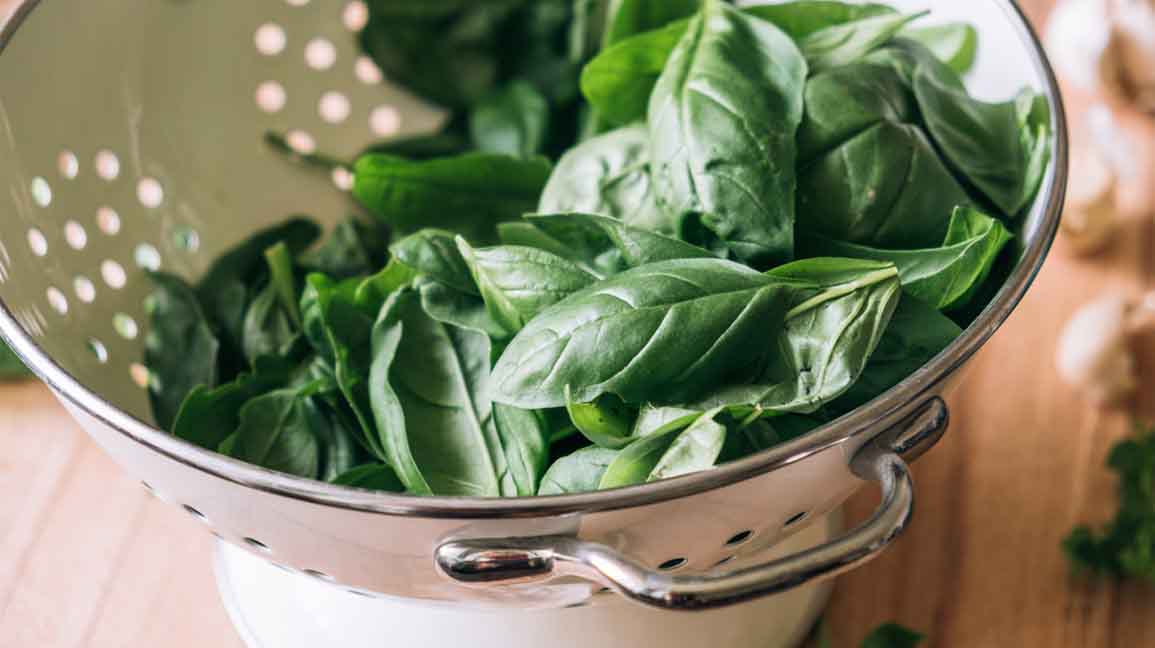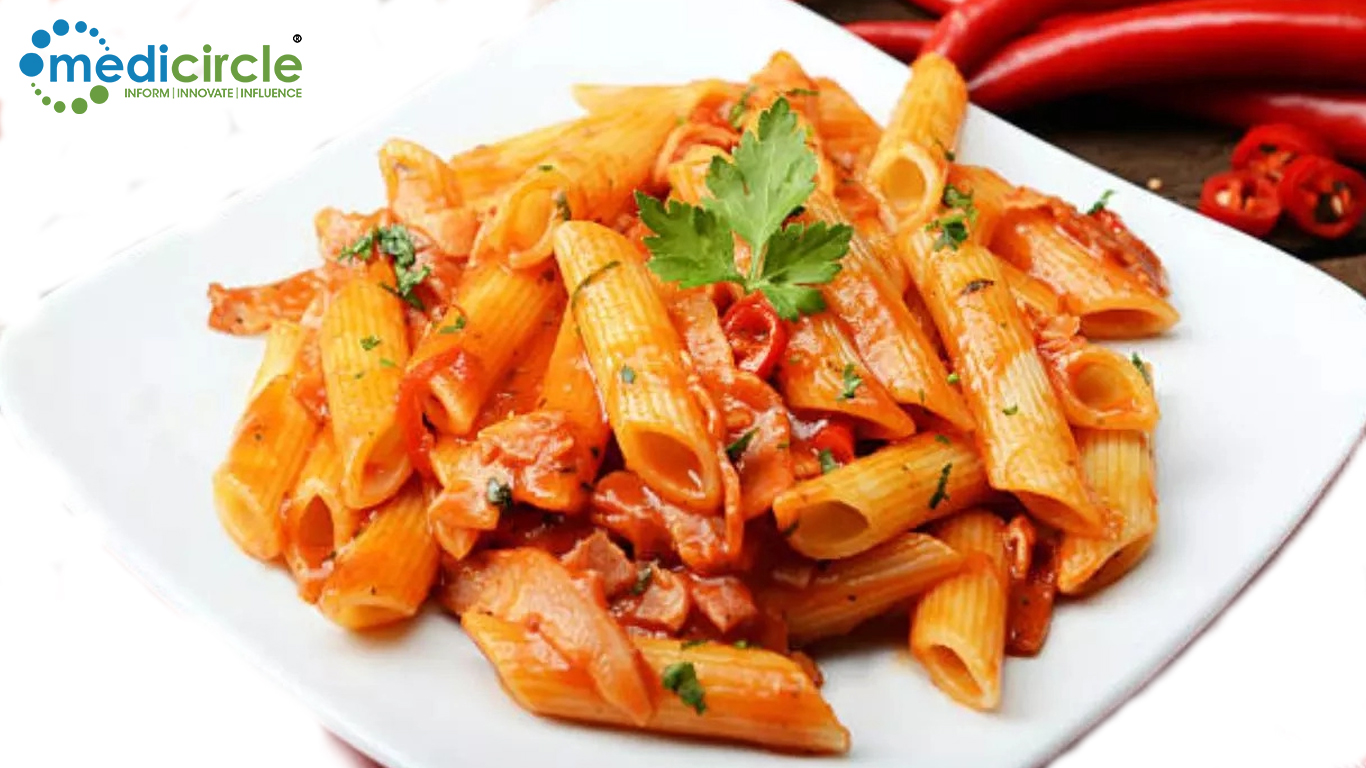High blood pressure or hypertension is a common health condition that affects both men and women. The number of people suffering from this chronic disease has been on a rise in the past decades. It is considered the silent killer as its symptoms remain undiagnosed for a long time, which increases the risk of stroke and kidney failure. Here is the list of 5 herbs that you must give a try for controlling hypertension.
Arjuna - The bark of the Arjuna tree is best known for controlling hypertension and reducing the accumulation of plaque in the blood vessels. Apart from this, this herb possesses many pharmacological properties including inotropic, anti-ischemic, antioxidant, antiplatelet, hypolipidemic, antiatherogenic, and anti-hypertrophic. It is generally available in powdered form and should be consumed on an empty stomach for best results.
Amla - Amla or Indian Gooseberry is a winter superfood. The compounds present in this winter fruit helps to reduce high blood pressure by acting as a vasodilator, or by widening the blood vessels.
Triphala - It is a traditional ayurvedic mixture of three dried herbs-Indian gooseberries (Emblica Officinalis), black myrobalan (Terminalia chebula), and Haritaki (Terminalia chebula). Its anti-inflammatory properties reduce the strain on the blood vessels and help to control high blood pressure.
Ashwagandha - This popular Ayurvedic herb is a rich source of adaptogens, that have a calming effect on the mind and help to cope up with anxiety and stress. Moreover, it can also help to boost your immunity. Mix 1 teaspoon of ashwagandha powder in a glass of warm water and drink it early in the morning on an empty stomach to keep your blood pressure level in control.
Basil – Basil is known to be effective in treating several health-related issues like blood pressure, cold, flu, arthritis, and others. The basil leaves contain eugenol, a compound that is known to control high blood pressure by acting as a natural calcium channel blocker. Calcium channel blockers obstruct the flow of calcium into the heart and arterial cells, which in turn relax the blood vessels. Both drinking basil tea and chewing raw basil leaves have similar health benefits.

 Hypertension can be easily managed by lifestyle modification and medication. Apart from these modern treatments, some ayurvedic herbs are also effective against this chronic condition. Let’s know about some of them
Hypertension can be easily managed by lifestyle modification and medication. Apart from these modern treatments, some ayurvedic herbs are also effective against this chronic condition. Let’s know about some of them



















.jpeg)











.jpg)




.jpg)


